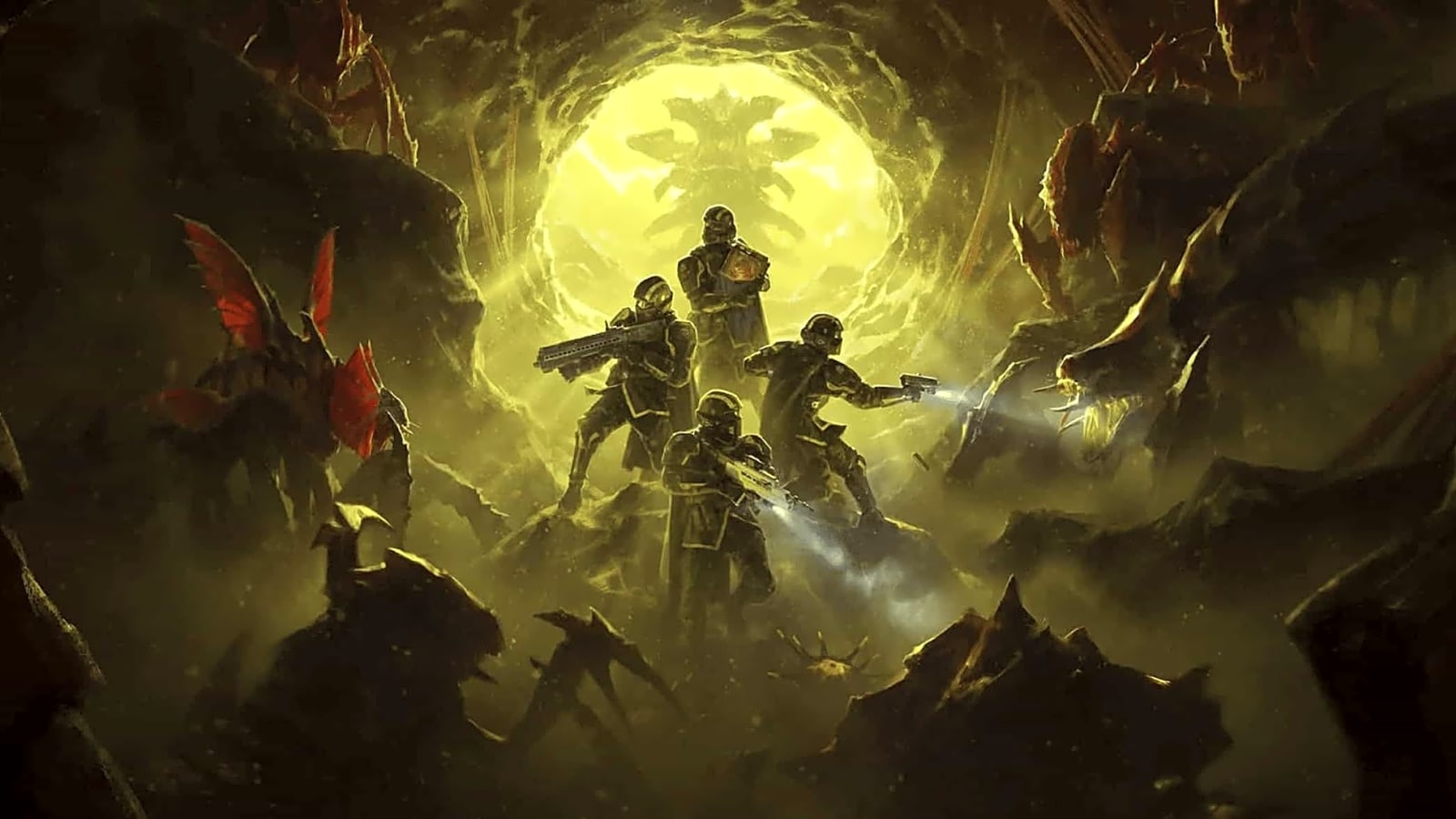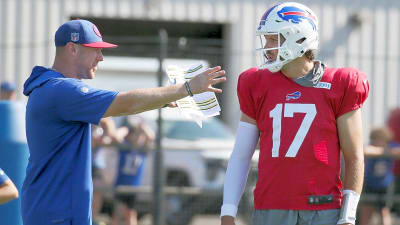
The Helldivers community has found itself fighting a different kind of war, one happening within their system. GameGuard, the controversial anti-cheat software implemented by Arrowhead Game Studios, has managed to unite the Helldivers 2 playerbase in ways the Terminid threat couldn’t. Unfortunately for the developers, this unity comes in the form of collective frustration rather than democratic celebration, as the anti-cheating system is trying to trample gamers’ democracy.
The GameGuard Invasion in Helldivers 2
When GameGuard rolled into Helldivers 2, it brought more than just cheat protection—it brought a whole arsenal of performance problems that players swear weren’t there before. The timing couldn’t have been more suspicious, as one day, players were spreading managed democracy across the galaxy without a hitch, and then the next, chaos. The day GameGuard was implemented, players were dealing with frame drops that made fighting bugs feel like watching a slideshow.
The complaints started rolling in faster than reinforcements on a failed extraction. Players reported everything from system crashes to the dreaded scenario where GameGuard kept running in the background like an unwelcome houseguest who refuses to leave. For many, this felt less like protective software and more like a digital systematic parasite. Players running headfirst into battles suddenly found themselves slamming face-first into troubleshooting forums.
Arrowhead’s CEO Puts The Foot Down
Despite the community’s Automaton-approved uprising, Arrowhead’s leadership has stood firm on its investigation into the situation. The studio’s CEO, Shams Jorjani, has repeatedly defended GameGuard, insisting that internal testing shows no connection between the anti-cheat system and the reported performance issues.
“We see no evidence of it” became the official response, though this phrase has done little to calm the storm brewing in the community. It’s a classic case of “it works on our machines” meeting “well, it doesn’t work on ours,” and neither side seems willing to budge. The developers find themselves in an unenviable position—caught between maintaining game security and keeping their community happy. It’s like trying to balance spreading democracy while also keeping everyone alive during an extraction. Theoretically possible, but practically challenging.
GameGuard’s Anti-Cheat Effects
The resistance against GameGuard isn’t just about performance issues—it’s about principle. Anti-cheat systems often require kernel-level access, which makes players understandably nervous about what’s happening under the hood of their systems. GameGuard’s reputation precedes it, having caused similar controversies in other games. What makes the situation worse is Helldivers 2 ‘s cooperative nature mechanic.
Unlike competitive shooters, Helldivers focuses on Player VS Environment (PvE) content. If someone cheats their way through bug missions, they’re primarily impacting themselves, BUT ALSO their teammates. Why implement such an aggressive anti-cheat system for this type of cooperative shooter? Can there be software for the game where cheating doesn’t fundamentally break the experience for the broader community?
Community Takes Countermeasures
The player response has been swift and comprehensive. Steam reviews took a hit faster than a dropped stratagem beacon, with GameGuard complaints flooding the feedback section. Technical-minded players started conducting their own investigations, sharing detailed analyses that attempt to prove the connection between GameGuard and their performance woes.
There have been attempts from Helldiver gamers to remove or bypass GameGuard overall, knowing this could result in account penalties. It’s a risky move that shows just how frustrated some players have become with the situation. The controversy has evolved into a fascinating case study of what happens when a community feels unheard. Players who were once united in spreading managed democracy are now united in their opposition to what they see as an unnecessary system that’s bringing down their gaming experience.
Remove GameGuard, Yay or Nay?
Arrowhead faces some tough decisions ahead. They could remove or replace GameGuard, potentially solving the performance situation. In doing so, they are opening the door to cheating. Alternatively, they might double down on optimization and minimize any impact of the software, thus keeping their current security measures in effect.
The studio’s handling of this controversy will very likely influence how developers approach similar anti-cheat implementations in the future. If Arrowhead decides to remove GameGuard altogether, what will they use as the next anti-cheat program? If they stay firm in their refusal to remove the program, what will the Helldivers community do to work around the matter? We don’t have a solid answer to either yet; however, something has to be done to correct the situation, such as an update, a patch, or even a mod.
Final Thoughts: So Far It’s A Deadlock
The gaming community has demonstrated they’re willingness to push back hard against systems they perceive as harmful, regardless of their intended purpose. For now, the players continue their dual campaign—spreading democracy in-game while fighting for better performance outside of it. Whether this particular war ends in victory for the community or the developers remains to be seen, but one thing is certain: the battle lines have been drawn, and neither side is ready to surrender.
More must-reads:
- Five CFB teams under most pressure in 2026 following transfer portal signings
- Jose Ramirez gives Cleveland Guardians gift with another extension
- The 'NFL undrafted receiving leaders' quiz
Breaking News
Trending News
Customize Your Newsletter
 +
+
Get the latest news and rumors, customized to your favorite sports and teams. Emailed daily. Always free!








